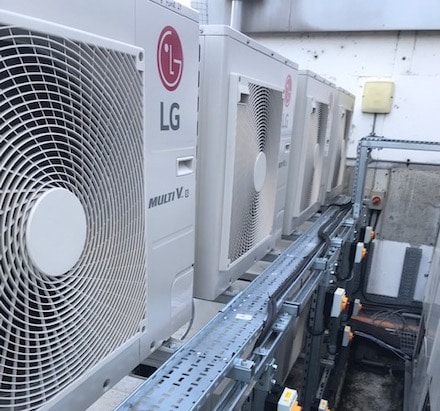
Knowledge Center
We believe that sharing our expertise and collaborations in clean energy policy is how real, effective change happens.
From reports and policy briefs, to webinars and podcasts—RAP advisors have built an extensive collection of resources providing in-depth analysis and practical solutions to today’s energy challenges.
Filter >>
Content Filter:
The Regulatory Assistance Project has been bringing clarity to the complexity of the clean energy transition since 1992. By developing data-informed, real-world solutions — that are also cost-effective and reliable — RAP supports the creation of stronger, cleaner and more… View Summary +
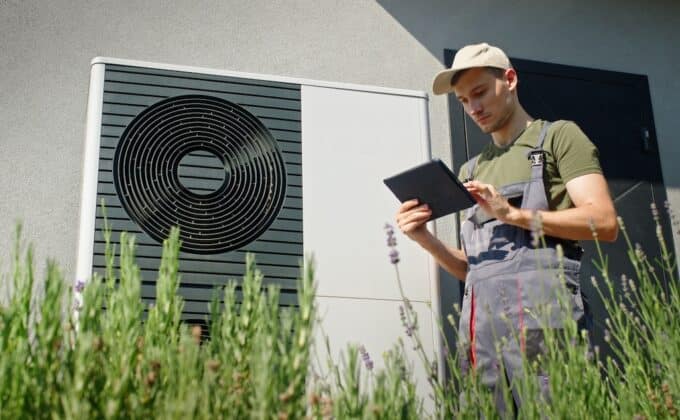
Heat pumps, a critical technology for clean energy systems, are becoming the most important technology for heating decarbonisation. Currently, the vast majority of heat is provided by fossil fuels. In order to promote and encourage heat pump installations across the… View Summary +
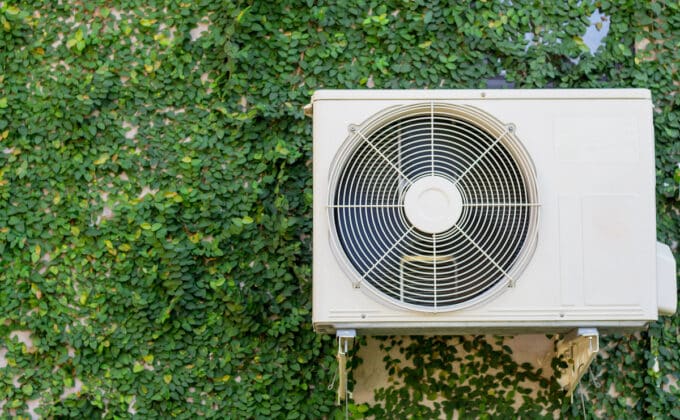
Reducing emissions in Europe’s buildings necessitates replacing fossil fuel boilers with greener alternatives. Hybrid heat pumps have been considered by some to be an interim step between fossil fuel and electric heating. ‘Hybrid heat pump’ is a term which is… View Summary +
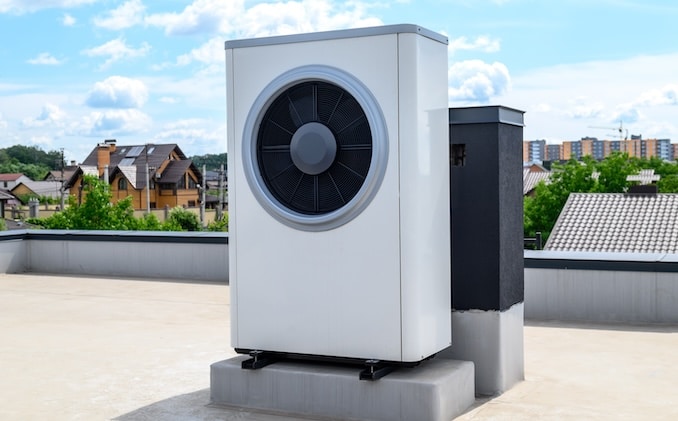
Spain is a geographically diverse country, with climate zones to match: the hot, dry southern coast gives way to cool, snowy mountain ranges in the north. The sun, a valuable renewable energy resource, is an almost constant presence throughout the… View Summary +

Policymakers across the globe are searching for solutions to reduce the use of fossil fuels and their associated climate impacts. Attention has focused on the heating sector, which relies heavily on fossil fuels and was responsible for almost 40% of… View Summary +

Air-to-air systems are air-source heat pumps where the useful heat is distributed into a building as warm air rather than warm water, which is used in radiators and underfloor systems. Such air-to-air systems are already extremely common in commercial settings,… View Summary +

Decarbonisation of heating must accelerate if we are to meet European Union (EU) climate and renewable energy targets and achieve reliable and affordable supply of heat for all. Space and water heating in buildings accounts for around a third of… View Summary +
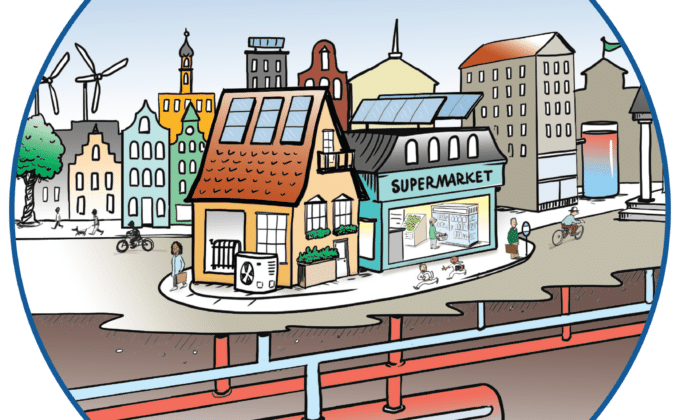
For countries with significant proportions of gas in their heating mixes that are looking to decarbonise and reduce exposure to gas imports, there is a major question around how to deal with existing gas distribution infrastructure in an equitable way… View Summary +
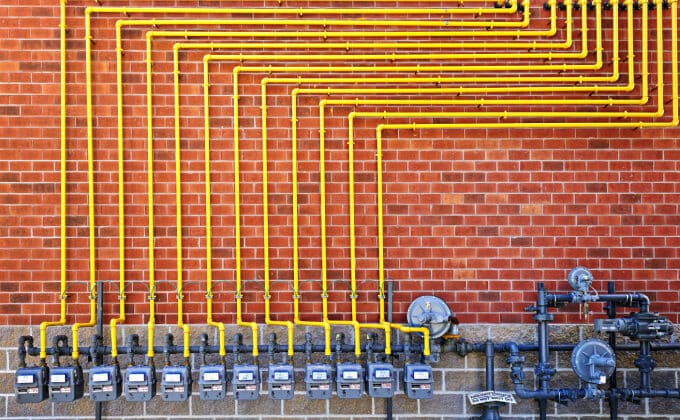
In the United Kingdom, policymakers are considering the idea of converting households that currently use gas for heating to instead burn hydrogen. This idea is known to compare poorly, on energy system cost grounds, to widespread energy efficiency, electrification using… View Summary +

Pompy ciepła to jedna z kluczowych technologii na drodze transformacji energetycznej, już niedługo stanie się najważniejszą technologią dla dekarbonizacji ogrzewnictwa. Obecnie zdecydowana większość ciepła do gospodarstw domowych jest dostarczana przez paliwa kopalne. W celu promowania i zachęcania do instalowania pomp… View Summary +
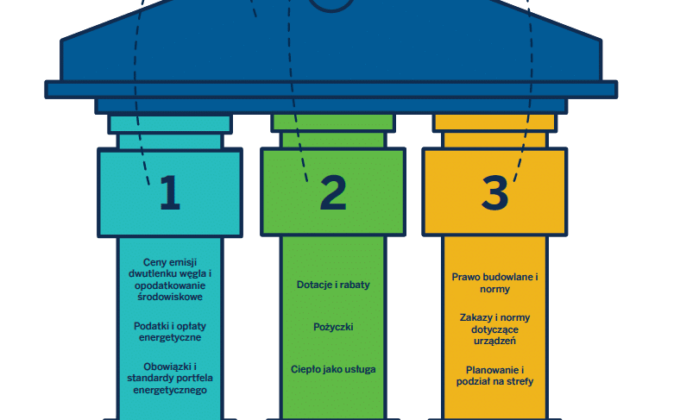
Europe is heavily reliant on fossil fuels in the heating sector. The EU has set itself a goal of deploying 30 million additional heat pumps by 2030. To advance the transition away from fossil fuels in the heating sector,… View Summary +
The government of the United Kingdom is currently consulting on whether it should mandate that all new gas boilers sold from 2025 be ‘hydrogen-ready’ — that is, they can potentially be converted to run on pure hydrogen in case… View Summary +
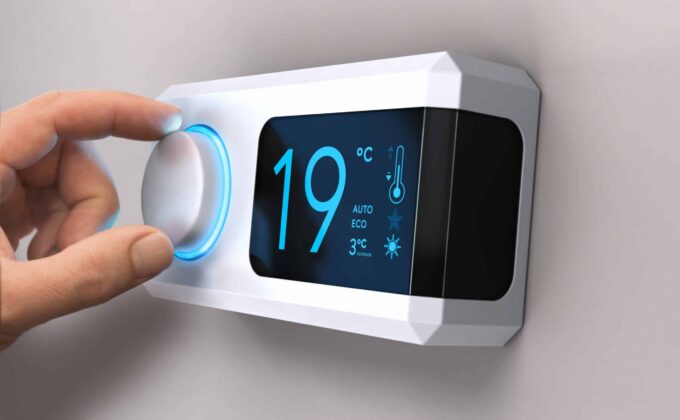
Heat pumps are widely recognised as the key technology to decarbonise building heat demand in Ireland. To receive grants for heat pumps, homeowners in Ireland are required to have a heat demand per unit of floor area, known as… View Summary +
Heat pumps, a critical technology for clean energy systems, are poised to become the most important technology for heating decarbonisation. Currently, the vast majority of heat is provided by fossil fuels. In order to promote and encourage heat pump installations… View Summary +
Removing fossil fuels from heating is a goal of policy makers around the world in order to decarbonise energy systems and to remove exposure to fossil fuel imports. Alongside efficiency measures, the key technology to replace fossil fuels for heating… View Summary +
